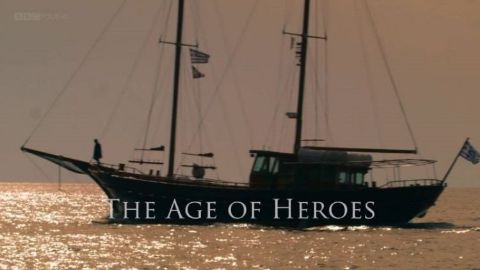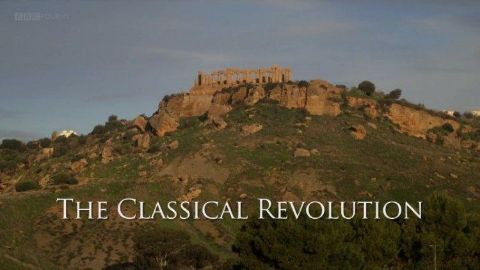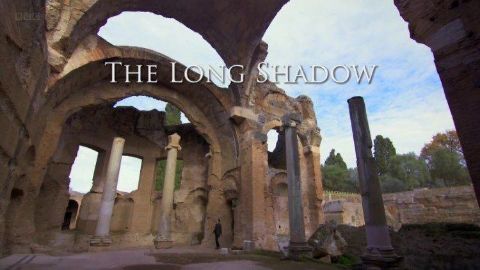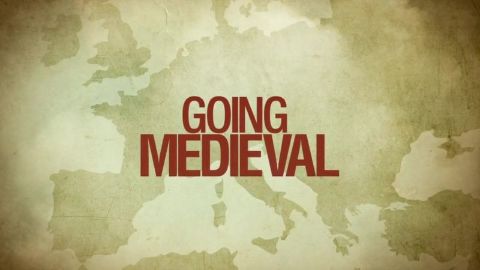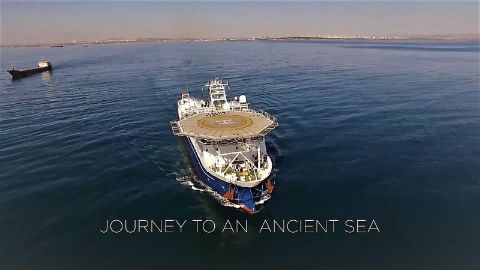The Classical Revolution • 2015 • episode "S1E2" • Treasures of Ancient Greece
Alastair unpicks the reasons behind the dazzling revolution that gave birth to classical Greek art, asking how the Greeks got so good so quickly. He travels to the beautiful Valley of the Temples in Agrigento, and to the island of Mozia to see the astonishing charioteer found there in 1979, and marvels at the athletic bodies of the warriors dragged from the seabed - the Riace Bronzes. It was a creative explosion that covered architecture, sculpting in marble, casting in bronze, even painting on vases. Perhaps the most powerful factor was also its greatest legacy - a fascination with the naked human body.
Make a donation
Buy a brother a hot coffee? Or a cold beer?
Hope you're finding these documentaries fascinating and eye-opening. It's just me, working hard behind the scenes to bring you this enriching content.
Running and maintaining a website like this takes time and resources. That's why I'm reaching out to you. If you appreciate what I do and would like to support my efforts, would you consider "buying me a coffee"?
Donation addresses
BTC: bc1q8ldskxh4x9qnddhcrgcun8rtvddeldm2a07r2v
ETH: 0x5CCAAA1afc5c5D814129d99277dDb5A979672116
With your donation through , you can show your appreciation and help me keep this project going. Every contribution, no matter how small, makes a significant impact. It goes directly towards covering server costs.
